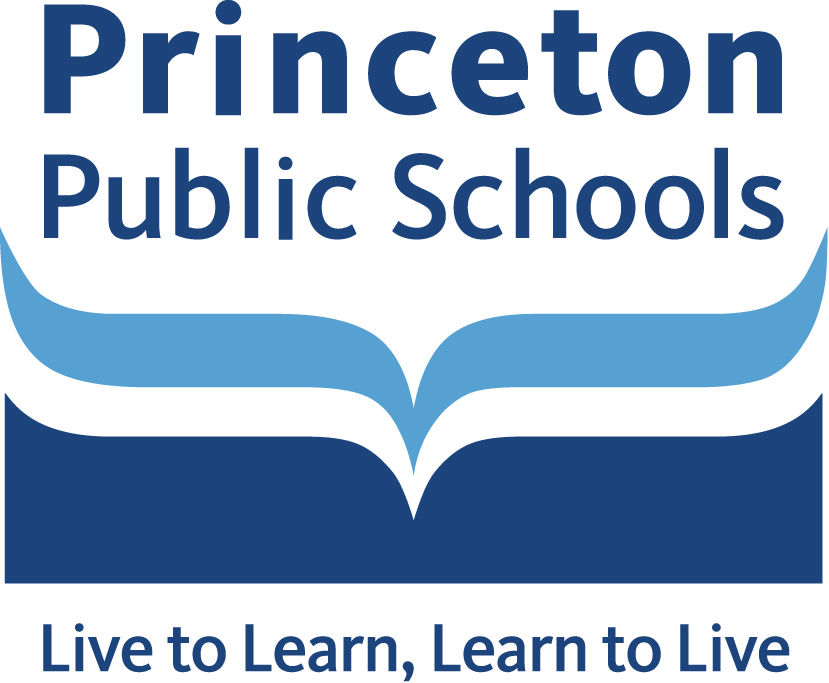By Philip Sean Curran, Staff Writer
Student discipline in the Princeton school district is getting a fresh look, with the Board of Education questioning how and when students get suspended from school.
Board president Patrick Sullivan said Monday that the board is re-examining its policy on suspensions, a form of discipline he said he and other board members want to make sure is used “sparingly, if at all, other than in cases of student safety.” Officials, however, have no plan to ban suspensions, he said.
“There is a concern among board members that all students are treated equally, no matter race, gender, cognitive and other disabilities.” board vice president Dafna Kendal said this week.
Asked if there has been pushback from district administrators, she said, “Not only are they not pushing back, they’re moving quickly to address the concerns of the board and the community.”
She said Superintendent of Schools Stephen C. Cochrane was going to meet with administrators at the high school and the middle school to go over suspension protocols.
New state law, she said, has required the board to update its policy on suspensions and expulsions. She said one proposed change would be to require principals to consult with a student’s guidance counselor or case manager before suspending any student who is either classified as special education or has a disability, like attention deficit order.
Kendal said the rationale is that kids should not be punished for “behavior that is a manifestation of their disability.”
“We want to make sure that’s not happening,” she said in a district where about 22 percent of students are either special education or have another disability.
“There are other ways that people can be disciplined without being suspended,” Sullivan said. For instance, he said there is “restorative justice,” like having students fix something that they broke.
At the moment, school principals have “broad latitude” to discipline students with a suspension, Sullivan said.
“But I think there’s been a lot of questions among board members about how and when that should be used,” Sullivan said. “And it seems like it’s not the right punishment for a lot of disciplinary issues, in the opinion of many people who are on the board.”
Student suspensions — handed out for a range of offenses like fighting or bringing a weapon to school — are low in Princeton when compared nationally. In the past school year, there were about 40 suspensions, representing some 1 percent of a student body of roughly 3,800.
Officials have said the focus on suspensions is not related to the blowback the district received when a black Princeton High School student, Jamaica Ponder, was suspended in June for including a photo, in her yearbook collage, that included the n-word. Her mother, Michele Tuck-Ponder, the former mayor of Princeton Township, is a candidate for the school board in November.
“It seems to us … just discussing it on the board, that suspension is only appropriate for cases of safety, if someone would be a danger being in the school system,” Sullivan said. “But other than that, it should be used sparingly, if at all. That’s my own opinion on that.”
Earlier this year, the district found itself facing questions about what it was doing in response to a white high school student posting the n-word on Snapchat. While confidentiality kept officials from disclosing the steps the district took, Cochrane noted that the high school and middle school student codes of conduct had no “specific language” about bias incidents. Both documents will be revised, to include, among other things, the response of the district in such cases.
“There were a number of incidents that really led to the conversation about suspension or alternatives to suspension around incidents of bias,” Cochrane said Tuesday. “So we’re just trying to lay out a clear statement of what would constitute incidents of bias and a range of responses that will reach a restoration for the community.”
The district is planning to address discipline in another area, in a policy saying students cannot be denied recess as a form punishment.
“The recommendation not to take away recess as a means of discipline is consistent with model policies around the country,” Cochrane said this week. “Children need physical activity each day and both learn and behave better when they have it. In the Princeton Public Schools, our approaches to discipline are built around an ethic of learning and an ethic of care. Temporary removal of recess may make sense if a student has behaved in a way at recess that endangers him or herself or others. Otherwise, we would search for different ways to help students reflect on their behavior and learn from their mistakes.”

